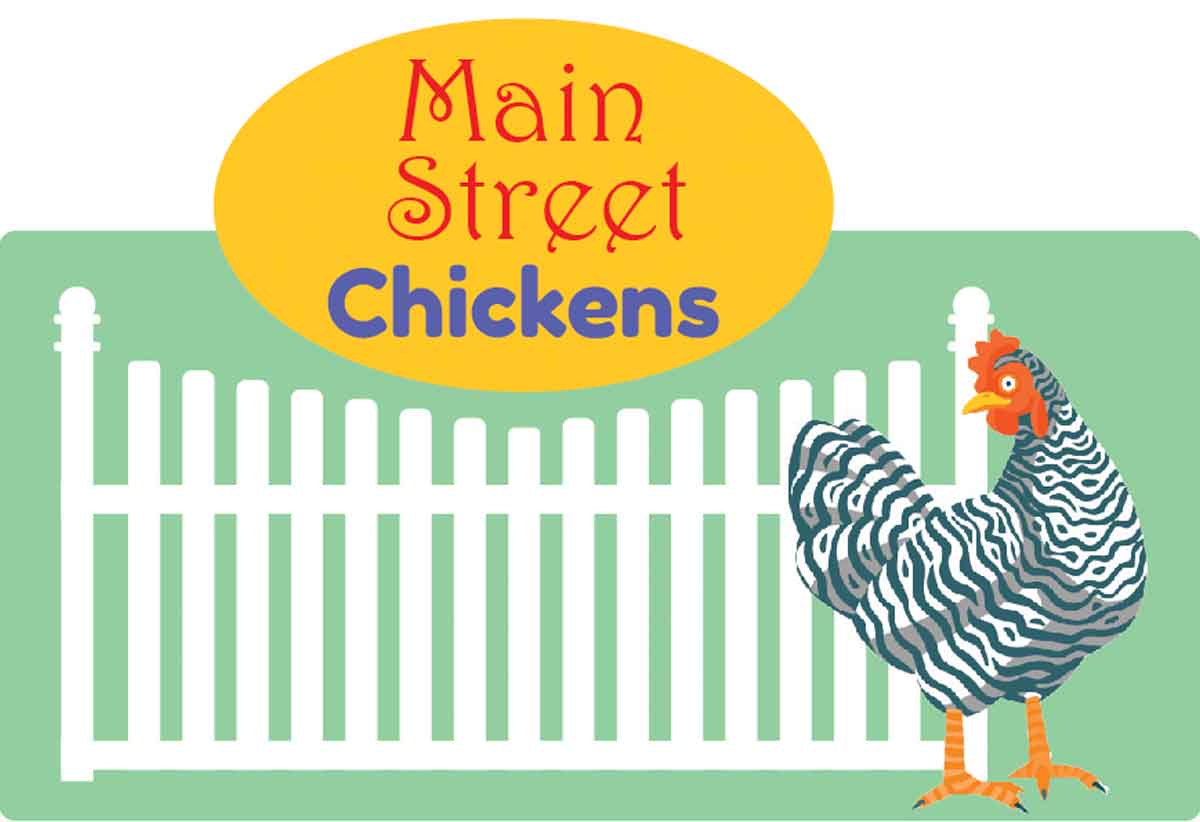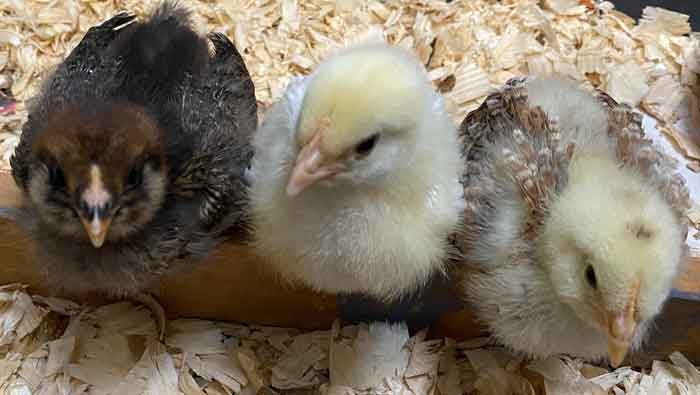Raising chickens is a lot of responsibility but if you plan well, it can be a rewarding experience.
Time Commitment
Chickens need daily care, including feeding, cleaning, and ensuring their safety. If you’re short on time, it might not be the best idea.
This is true but, it depends on how many chickens you have. You can spend as little as 10-15 minutes a day while only spending 30 minutes on the weekend freshening up the coop. It’s important to give your chickens a quick once-over when you visit them to ensure they are happy and in good health. There are also responsibilities that are seasonal and require 2-3 hours work throughout the year. You will develop a rhythm and come up with your own system that makes the responsibility easier and more fun every year. With a routine and a bit of time management, you can enjoy your feathery friends!
Space Constraints
Chickens need space to roam and peck around. If you have a cramped back yard, your feathered friends might feel a bit cooped up.
This is easy, just do your homework! The more space your chickens have, the happier they will be. Remember, before you plan your coop, decide how many chickens you could potentially have. Here is a guide to help you determine how large your coop should be. There is a saying in the chicken-keeping world called “chicken-math” that implies people have a tendency to add chickens to their flock beyond what they originally intended.
Zoning Restrictions
Some areas have restrictions on keeping chickens. Make sure to check your local regulations before setting up a coop to avoid any legal issues.
Exactly that! Check with your town to make sure you are zoned for chickens and how many and whether you can have a rooster. Some people are zoned for roosters but choose to stick with hens to avoid any conflict with their neighbors. However, it wouldn’t hurt to ask your neighbors before you make a decision because many people actually LIKE the sound that a rooster makes. Hens tend to make a purring or clucking sound when they are content and make soft sounds as they go about their daily activities. Often, when a hen lays an egg, she will sing the egg song! Other hens will join in to support the hen who laid the egg, creating a real ruckus! This display of excitement is generally short lived and mostly occurs mid-morning after most of your neighbors have already begun their day. Chickens are not noisy most of time and many people enjoy the sounds they make.
Predator Prowess
Chickens attract all sorts of attention from predators like foxes, raccoons, and birds of prey. If you’re not ready to play guardian, it could be a risky venture.
The first step here is to research which predators are in your area and figure out what measures you need to take. Here is a list of potential predators. You can prevent predators from attacking your chickens while they are in their coop by providing a coop that is predator proof. There are many measures you can take like burying wire around the perimeter of the coop and providing a cover over your run. Some people only let their chickens free range when they are in the yard themselves. Others let them free range on their own but provide places for the chickens to hide or a chicken tractor to protect them. Many people who let their chicken’s free-range will successfully rely on their roosters to protect the flock.
Initial Costs
Setting up a chicken coop, buying feed, and providing proper healthcare for your feathered companions can be a bit pricey. Make sure you’re ready for the upfront investment.
Setting up a coop can be quite expensive but there are limitless options to explore. If you’re the creative type, you will find that setting up a coop is all part of the fun of raising backyard chickens and can be accomplished on a low budget. It’s important to buy the correct kind of feed but you can supplement their diet with table scraps and letting them free-range. There are many natural, low-cost ways to keep your chickens healthy like providing apple cider vinegar in their water and feeding them herbs.
Health Concerns
Chickens can carry diseases that can be transmitted to humans.
Diseases like Avian flu and Salmonella are bacterial and easily spread. Check the laws in your state. Most states require that all live poultry or hatching eggs moving within the state originate from certified Salmonella pullorum clean flocks. You can protect your flock by not exposing them. Have a dedicated pair of shoes that you wear into your coop – not the ones you wear into the feed store where you buy your chicken food. Good hygiene practices are essential to keeping your chickens healthy. Here are some more tips on keeping your chickens healthy.
Egg Responsibilities
While fresh eggs are a delightful perk, they come with the responsibility of collecting them regularly. Leaving eggs uncollected can lead to some problems such as chickens developing a taste for their own eggs!
This should not be a problem because there is nothing more rewarding than going out to the coop a couple times each day to find the latest egg in a nesting box just waiting for you! However, it does bring to light the issue that it’s important you have a responsible person watch over your chickens when you are not available. The best part is – you can tell this person they can keep the eggs! Here are some tips on how to clean your eggs.
Whatever you decide, it’s most important to be informed and remember the old adage from Benjamin Franklin: “An ounce of prevention is worth a pound of cure.”


0 Comments